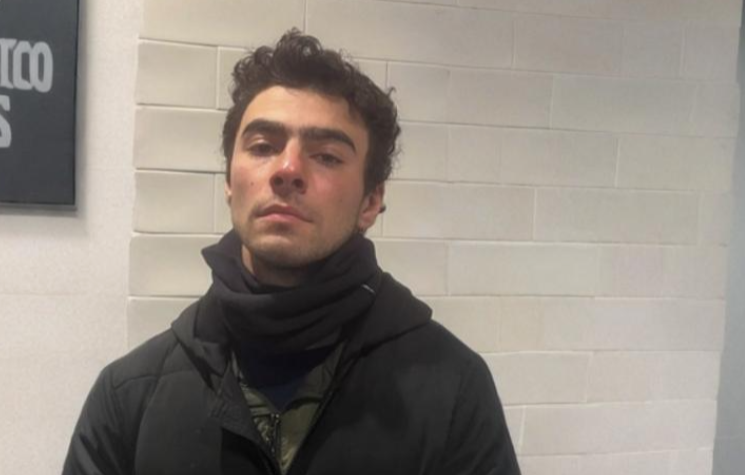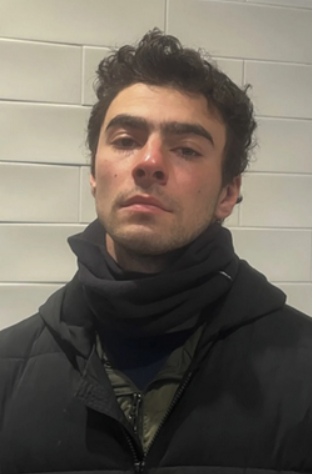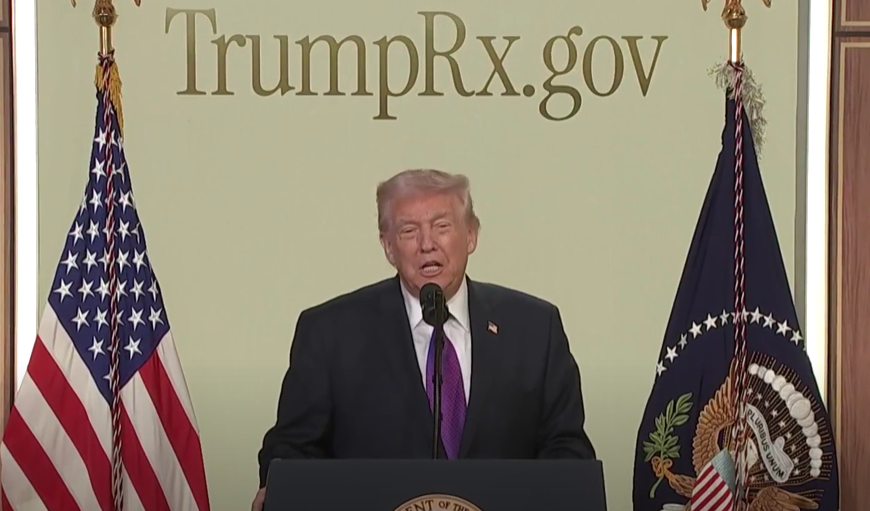US Prosecutors Seek Death Penalty for Luigi Mangione

© Pennsylvania State Police
In a significant legal development, federal prosecutors have announced their intention to seek the death penalty against Luigi Mangione, the man accused of fatally shooting UnitedHealthcare CEO Brian Thompson.
What comes next for Mangione?
The Luigi Mangione Incident
On December 4, 2024, Brian Thompson was shot outside a Manhattan hotel where UnitedHealthcare was hosting an investor conference. The assailant, identified as 26-year-old Luigi Mangione, allegedly approached Thompson and fired multiple shots before fleeing the scene. A five-day manhunt ensued, culminating in Mangione’s arrest at a McDonald’s in Pennsylvania.

Charges and Legal Proceedings
Mangione faces both state and federal charges, including murder as an act of terrorism. The federal charges carry the possibility of the death penalty, a course of action that U.S. Attorney General Pam Bondi has authorized prosecutors to pursue. This move aligns with the administration’s commitment to reinstating federal executions, which had been halted under previous leadership.
Defense and Pre-Trial Motions
Mangione’s defense team has been active in pre-trial motions, requesting that he be provided with a laptop in jail to review extensive case materials. A New York state judge indicated no objection to this request, contingent upon federal approval. Additionally, the defense argues that access to a laptop is essential for Mangione to adequately prepare for his defense, given the volume of evidence.
Public Reaction and Support
The case has garnered significant public attention, with some individuals expressing unexpected support for Mangione. A heart-shaped note of encouragement was discovered hidden in socks intended for him. This showed a segment of the public’s complex response to the incident. Moreover, authorities have cautioned against any form of hero worship, emphasizing the seriousness of the charges.

Luigi Mangione hails from a prominent Maryland family and boasts an impressive academic background, including degrees from the University of Pennsylvania. Despite his privileged upbringing, he reportedly harbored deep-seated resentment towards corporate entities, particularly health insurance companies. Investigators believe this animosity may have been a motivating factor in the alleged crime.
Implications and Next Steps
The decision to seek the death penalty in this case highlights the administration’s stance on capital punishment and sets a precedent for handling similar cases in the future. As the legal proceedings advance, both the prosecution and defense are preparing for what promises to be a closely watched and potentially landmark trial.
This case not only brings to the forefront issues of corporate security and public safety but also ignites discussions on the appropriateness and application of the death penalty in the American justice system.
You might also want to read: This Korean True Crime Fan Killed Someone Out of Curiosity


